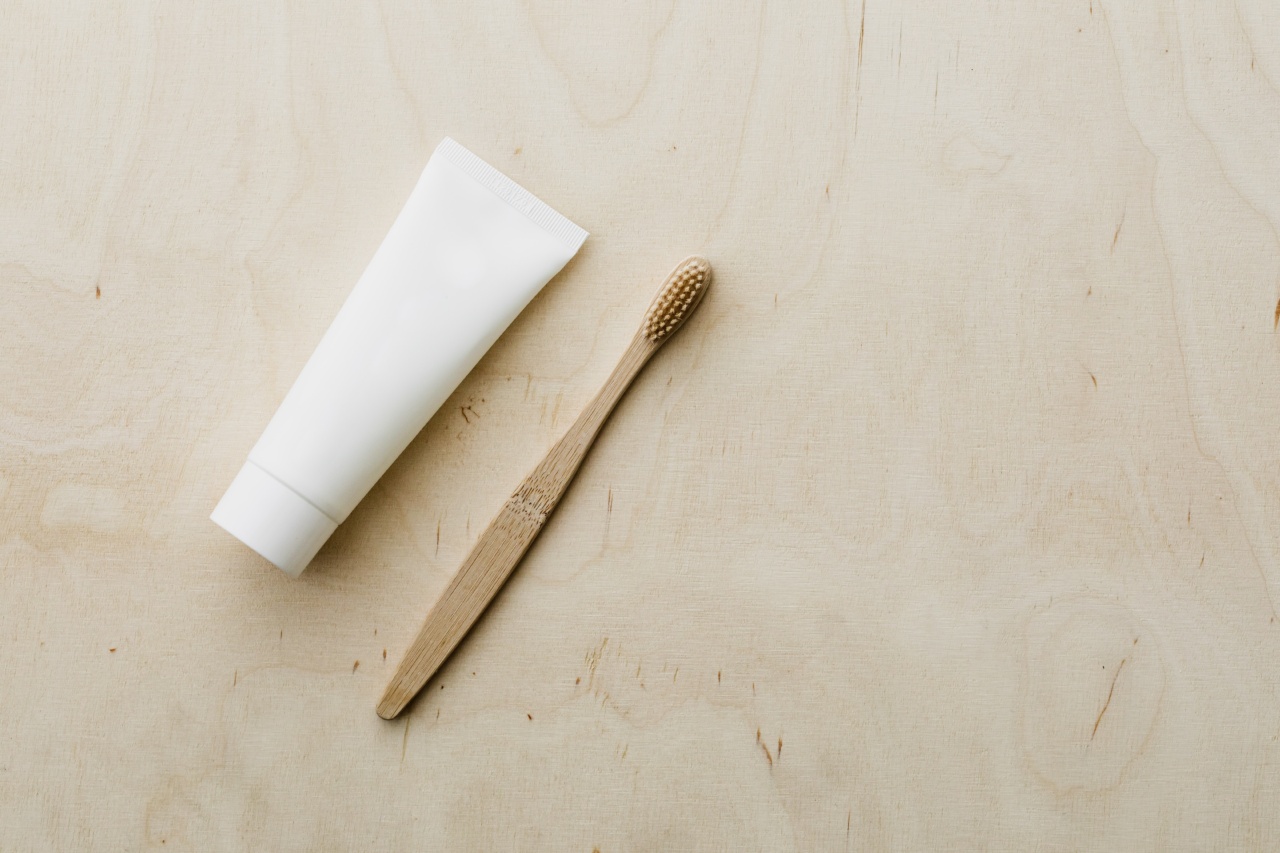Reducing your daily calorie intake is a common goal for many people looking to achieve weight loss or maintain a healthy lifestyle. By making small changes to your diet and lifestyle, you can easily reduce the number of calories you consume each day.
In this article, we will explore some simple tips that can help you achieve this goal.
Eat Smaller Portions
One effective way to reduce your daily calorie intake is by controlling your portion sizes. By eating smaller portions, you can significantly decrease the number of calories you consume without having to eliminate any specific foods from your diet.
Using smaller plates and bowls can also help you achieve this. Research has shown that people tend to eat more when they are served larger portions, so making a conscious effort to reduce portion sizes can be highly beneficial.
Choose Nutrient-Dense Foods
Focusing on nutrient-dense foods is another great strategy for lowering your calorie intake. These foods are rich in essential nutrients but relatively low in calories. Include plenty of fruits, vegetables, lean proteins, and whole grains in your diet.
They will provide essential vitamins, minerals, and fiber, while still keeping your calorie intake in check. Avoiding processed and high-calorie foods, such as sugary drinks, snacks, and fried foods, can also help you achieve your calorie reduction goals.
Be Mindful of Liquid Calories
Many people overlook the fact that beverages can contribute a significant amount of calories to their daily intake.
Sugar-sweetened drinks like soda, energy drinks, and juices are particularly high in calories and can have a detrimental impact on your weight and overall health. Opt for water, unsweetened tea, or black coffee instead. If you find plain water boring, try infusing it with fruits or herbs for a refreshing and flavorful twist without the added calories.
Limit Added Sugars
Added sugars can quickly add up and contribute a significant number of calories to your diet. Be mindful of foods and drinks that contain added sugars, such as sweets, baked goods, sugary cereals, and flavored yogurts.
Read food labels and choose products with little to no added sugars. If you have a sweet tooth, satisfy your cravings with natural sugars found in fruits instead.
Cook at Home
Preparing your meals at home gives you more control over the ingredients and cooking methods used. Restaurant meals and takeaways often contain hidden fats, sugars, and larger portion sizes, leading to a higher calorie intake.
Cooking at home allows you to choose healthier ingredients, control portion sizes, and make nutritious meals that align with your calorie reduction goals. Experiment with new recipes and make meal prepping a habit to save time and reduce the temptation of ordering takeout.
Stay Hydrated
Drinking an adequate amount of water is not only essential for overall health but can also help you manage your calorie intake. Sometimes you may confuse thirst with hunger, leading to unnecessary snacking or overeating.
Staying hydrated can help prevent this confusion and ensure that you only eat when you are truly hungry. Additionally, drinking water before meals can help you feel fuller and consume fewer calories during your meal.
Practice Portion Control
Apart from using smaller plates, practicing portion control techniques can further assist in reducing your daily calorie intake.
One popular technique is the use of the “handy portion guide.” For example, a serving of protein should be about the size of your palm, a serving of grains should fit into your cupped hand, a serving of fats and oils should be approximately the size of your thumb, and a serving of fruits or vegetables should be roughly the size of your clenched fist. These guides help you visually estimate appropriate portion sizes.
Eat More Fiber
Fiber-rich foods provide bulk and help you feel full for longer periods, which can prevent overeating and help achieve a caloric deficit.
Incorporate foods such as whole grains, legumes, fruits, and vegetables into your diet, as they are excellent sources of dietary fiber. Not only will these foods reduce your calorie intake, but they also offer numerous health benefits, like improved digestion and lowered risk of chronic diseases.
Avoid Mindless Snacking
Mindless snacking, such as munching on chips or cookies while watching TV, can significantly contribute to your daily calorie intake without you even realizing it.
To reduce mindless snacking, establish designated eating areas, such as the dining table or kitchen counter, and avoid eating while distracted. Instead of reaching for unhealthy snacks, have portion-controlled, healthy snacks like nuts, seeds, or cut-up fruits available for when hunger strikes between meals.
Stay Consistent with Exercise
Regular exercise is essential for overall health and weight management. While diet primarily determines your calorie intake, exercise can help you create a greater calorie deficit.
By engaging in physical activity, you burn calories, increase your metabolism, and build lean muscle mass. This allows you to consume slightly more calories while still maintaining a deficit. Aim for a combination of both cardiovascular exercise and strength training for optimal results.
Conclusion
Reducing your daily calorie intake doesn’t have to be overwhelming or complicated. By implementing these simple tips into your lifestyle, you can easily create a calorie deficit and achieve your weight loss or maintenance goals.
Remember to make sustainable changes that you can maintain in the long run. With consistency and determination, you’ll be on your way to a healthier, balanced life!.




























